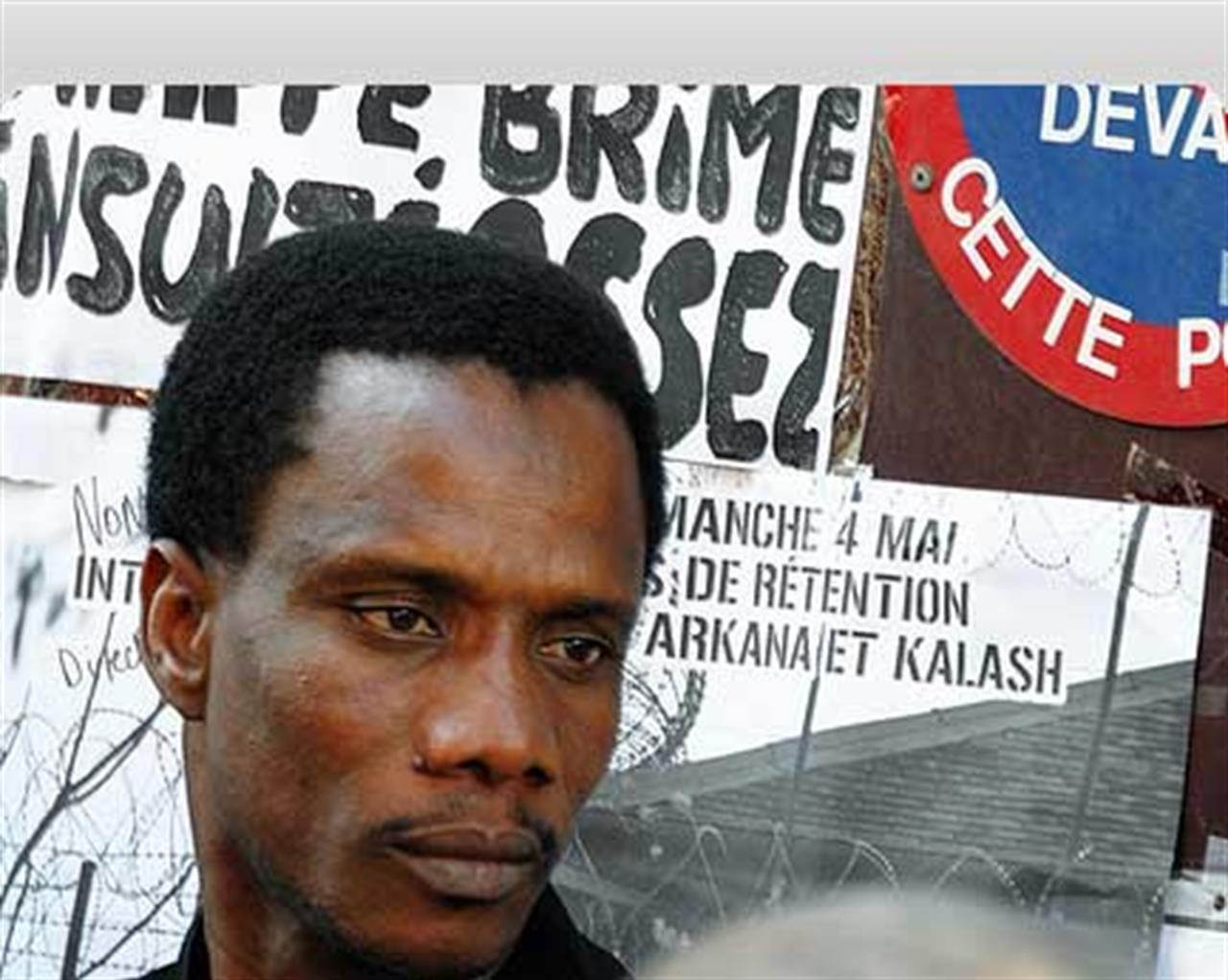Non profit
Illegal migrants in France: “it’s a man hunt”
Sylvie Copyans of SALAM talks about the reality of illegal migrants in Calais and the critically acclaimed film "Welcome"
di Rose Hackman

The recent release in France of Philippe Lioret’s film, “Welcome”, has sparked huge controversy, involving the film director himself, the immigration minister Eric Besson, as well as local NGOs. The film, which is due out in over 27 countries this year, tells the story of a young Iraqi illegal migrant, determined to swim the Channel to join his loved one in London; and of the friendship he forms with a middle-aged French swimming instructor who decides to help him out. Philippe Lioret has widely declared that the situation of illegal migrants in France is comparable to that of Jews in the Second World War.
Before starting making the film, Lioret and his team contacted local association SALAM, which works giving humanitarian aid to illegal migrants in Calais, northern France.
Silvie Copyans, 50, an ex bank employee, and one of the founding members of SALAM, talks about the “Welcome” effect, and six years of re-humanizing migrants while defying the authorities.
How did the SALAM association and initiative start out?
Six years ago, Sarkozy (who was then Minister of the Interior) closed the Sangatte refugee camp. He claimed he had gotten rid of all illegal migrants in northern France. Instead, my friends and I noticed that the people from the camp were on the streets in dramatic conditions, some were hiding in bunkers along the coast. We started out by trying to give them things to eat… It was very amateurish at first, like handing out soup on the steps of a church.
What is it like now?
Today it is much more professional and organised. We needed a structure to deal with all these people. You see, we hand out around 700 meals a night. We also have teams who go and help the people hiding in the dunes and in the nearby woods, which we refer to as the jungle.
We have also needed to protect ourselves legally. Most of what we do as an association is illegal. Our vice-president, my great friend Jean-Claude Lenoir, is currently waiting to be tried in June. We have been in constant trouble with the authorities ever since the beginning.
What pushed you to personally get so involved?
I was just so shocked. One day during my lunch break, I saw a dozen members of the French riot police (CRS) watching two Afghan men who they had just handcuffed to the pavement. That’s when I thought, “this is awful. These people aren’t assassins, they’re not criminals. Something really has to be done”. I had never taken an interest in humanitarian issues, but I couldn’t ignore this, because it was unjust. Justice is something I have always believed in.
Could you tell me about migrants’ conditions in and around Calais today, and how they compare to Philippe Lioret’s depiction in his latest film “Welcome”?
They are living in appalling conditions, mostly in squats, or in the jungle. Treated like dogs by the police. They get clubbed, gassed, arrested. Their shacks are burnt down. The police can’t send them home so they just make their lives as horrid as possible. They also play on the tensions between communities, picking up a couple of Afghans and throwing them into the African jungle. I have seen helicopters involved at night. It’s a real man hunt.
As for Philippe Lioret’s film, I think it’s great! I have seen it four times and counting. He came to see us before he started the project and accompanied us on our daily tasks. At the end of his visit, he vowed he would do something. Something which would not only be real, but would also have political repercussions. So he made this film, and I think it is having the desired effect.
What can be done?
There’s no miracle solution unfortunately!
What is good is that the film has got people talking, and brought our cause into the public eye. I hope that as the film is released internationally, the polemic will spread, and people in high positions will start thinking differently.
As far as we are concerned here in Calais, we need to have better structures in place. Simple things like giving the men the possibility to have showers, to eat, to rest and possibly see a doctor. Give them time to go through the procedures to ask for asylum if they want to. Right now they always have to be on the go; they’re in a race against the police, against the authorities.
It would also be nice if the authorities stopped persecuting us as an organisation. We are not creating a problem, we are just human beings helping other human beings feel more human.
Find out more: www.associationsalam.org
Si può usare la Carta docente per abbonarsi a VITA?
Certo che sì! Basta emettere un buono sulla piattaforma del ministero del valore dell’abbonamento che si intende acquistare (1 anno carta + digital a 80€ o 1 anno digital a 60€) e inviarci il codice del buono a abbonamenti@vita.it
